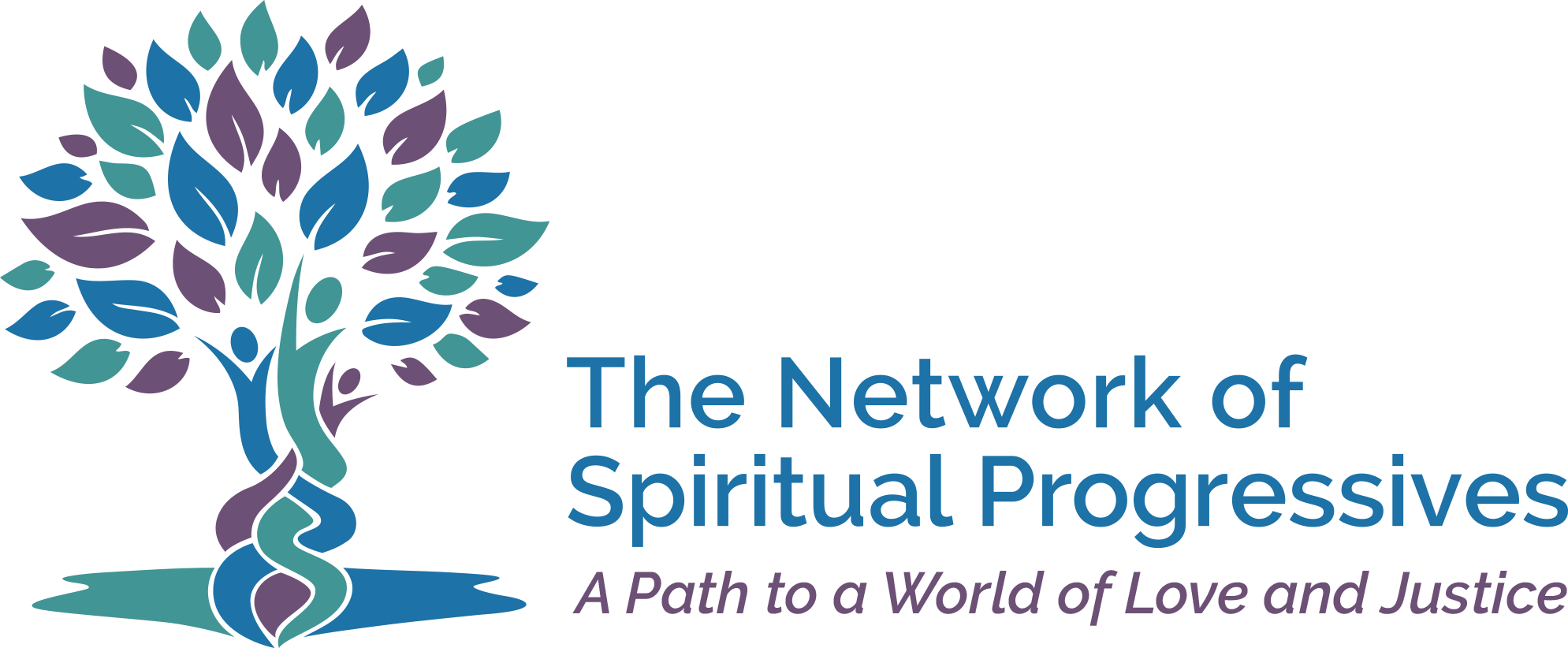In seeking to heal and transform the world, we often encounter people who at first seem to be acting in self-destructive ways. They support social or political movements, extremist versions of nationalism or religion, that actually lead them to get less of what we would consider rational outcomes. Yet this judgment is often misguided.
Much more frequently the truth is more complex: people have deep needs which are not being met in their world, and they have adopted these seemingly or actually self-destructive worldviews or ways of acting that they believe will help them meet their needs. Before dismissing someone as irrational, it is critical to instead first ask the following question: “What are the underlying rational needs that this person or group is seeking to meet through strategies that actually won’t work to achieve the fulfillment of those needs?” For example, when we find people voting for candidates that are unlikely to provide for their material well being, but rather may in fact be intensifying the gap between the 1% and 99%, we might discover upon further investigation that the need they were seeking to meet was some form of recognition, validation of their lives, or a sense of being genuinely cared for or respected. To achieve those needs, they may have adopted strategies that will not give them material well being but will give them something else which is very important to them.
In order to build the alternative world that we so desperately need and want, we need the skills and tools to address people’s underlying needs. This includes the capacity to respond to others and ourselves with empathy and compassion.
Empathy is the process of bringing a quality of presence, non-judgmental compassion and curiosity to both our listening and our speaking. Through empathy, we are able to open our hearts and to hear the deep meaning, pain, yearning and fears underlying people’s expressions. By empathically expressing ourselves, we can share our deepest yearnings, fears, and pains, put forth a vision of what we want, make requests, and thereby build connection and trust across differences.
We are committed to supporting those in our community to learning empathic communication skills and having the capacity to bring those skills to their local communities and chapters and as well as to share them with others.
If you or your community or organization would like to receive training in Empathic Communication, please email cat at cat@spiritualprogressives.org. She has extensive experience as a mediator and trainer, training hundreds of people to communicate (both knowing how to listen and speak) with compassion and empathy so people are able to understand their common needs and find solutions that work for everyone.
